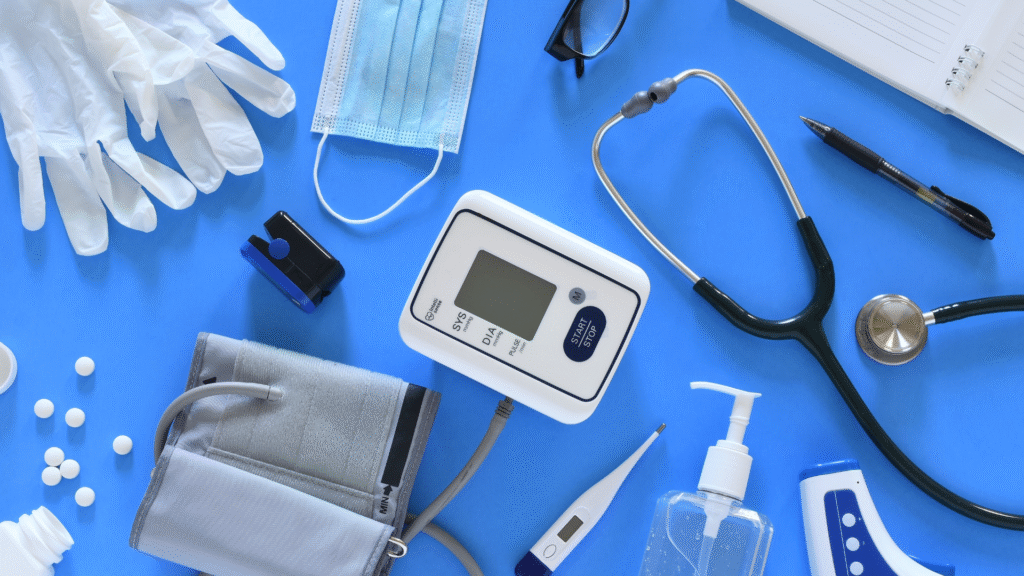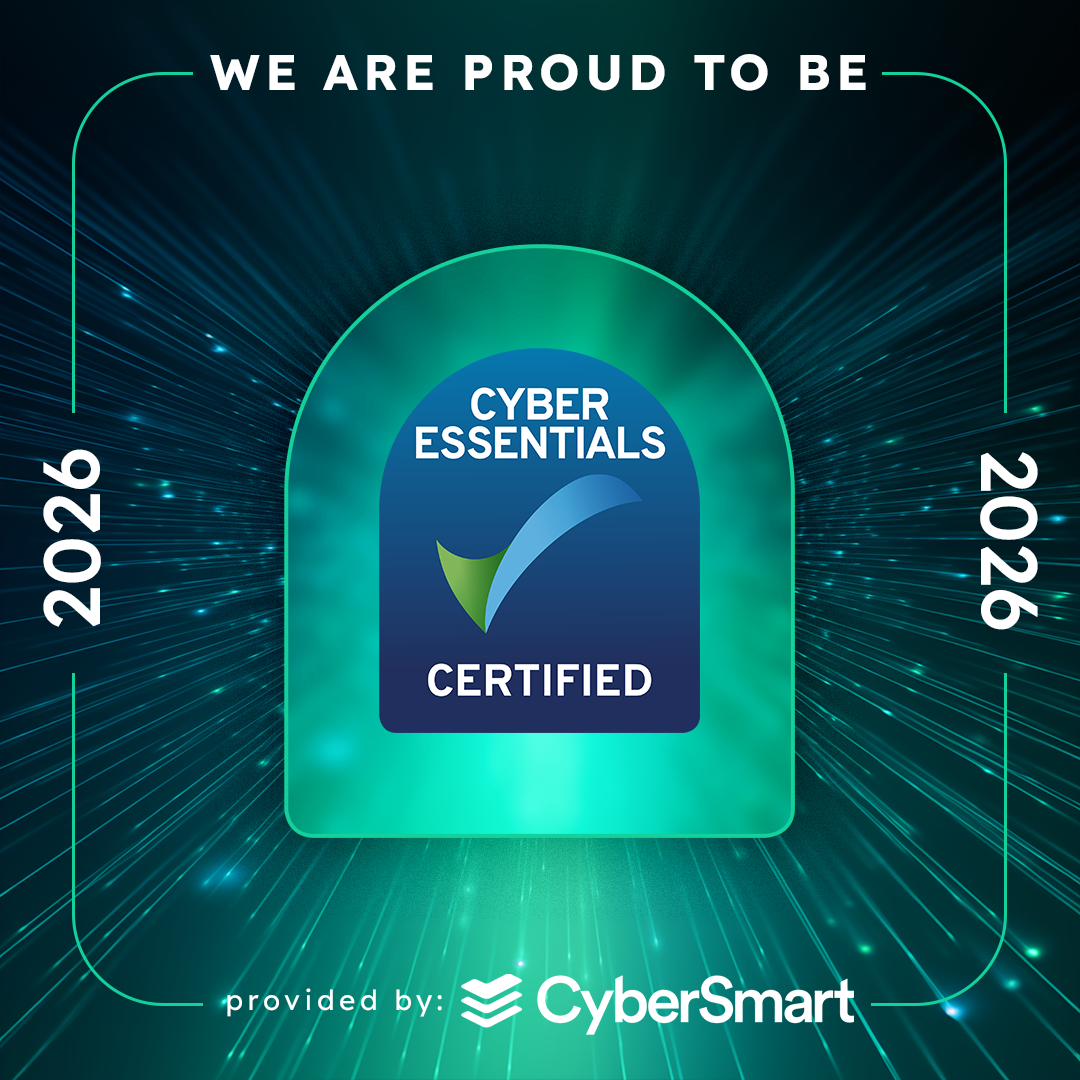Health cyber security is no longer a technical issue isolated to IT departments, it is now a critical function that underpins the safe delivery of care, protects sensitive patient information and ensures the resilience of healthcare systems across the UK.
Health Cyber Security: Protecting the Frontline of Patient Care
From NHS Trusts to private hospitals and medical device suppliers, the healthcare sector faces an evolving threat landscape. Attacks can disrupt urgent care, compromise diagnostics and even put lives at risk. The stakes are uniquely high, and the need for expert security support has never been more pressing.
Why Health Cyber Security Demands Serious Attention
Healthcare organisations are high-value targets for cyber criminals. They hold vast amounts of personal and medical data, operate time-sensitive services and rely on interconnected infrastructure that is often outdated or poorly secured. A breach can lead to delayed surgeries, diverted ambulances, data loss and reputational damage that can take years to recover from.
One of the most high-profile examples was the 2017 WannaCry ransomware attack, which caused widespread disruption across the NHS. Surgeries were cancelled, patients were turned away and emergency services were impacted. The underlying issue was a lack of up-to-date patching and basic cyber hygiene. A stark reminder that health cyber security must be proactive, not reactive.
The Challenge of Securing Healthcare Environments
Unlike other industries, healthcare operates under specific constraints. Devices such as MRI scanners, infusion pumps and patient monitors often run on legacy systems with limited patching options. These devices were not designed with security in mind and can provide easy entry points for attackers.
In addition, healthcare staff are under constant time pressure. Cyber security procedures that are too complex or time-consuming will often be bypassed. That is why security measures must be built around the realities of clinical workflows, not imposed on them.
Furthermore, the sector has become increasingly reliant on third-party vendors, cloud-hosted platforms and remote access tools. This increases the attack surface and makes supply chain security a critical priority.
Healthcare is a Sector Facing National Security Implications
The health sector is classified as critical national infrastructure. Any successful cyber-attack on the NHS has ripple effects that extend far beyond the individual organisation. Public trust, emergency response capabilities and even national stability can be undermined.
The government recognises this and continues to update regulations such as the Data Security and Protection Toolkit (DSPT), Network and Information Systems (NIS) Regulations and guidance from the National Cyber Security Centre (NCSC). However, compliance is only one part of the puzzle. True resilience comes from embedding cyber security into the culture, operations and strategic leadership of every healthcare organisation.

How MSSPs Can Strengthen Health Cyber Security
For many healthcare providers, maintaining an in-house security team with up-to-date expertise and 24-7 coverage is simply not realistic. This is where a Managed Security Services Provider (MSSP) becomes invaluable.
An experienced MSSP can deliver:
- Security monitoring, threat detection and rapid response across complex systems
- Regular penetration testing and vulnerability scanning tailored to healthcare environments
- Governance, risk and compliance support aligned with NHS and regulatory requirements
- Medical device security reviews and lifecycle management
- Staff training programmes that focus on clinical risk scenarios
- Vendor risk management and secure onboarding processes
- Business continuity and disaster recovery planning
Partnering with a trusted MSSP allows healthcare leaders to focus on care delivery while knowing their systems are being actively protected by cyber experts.
Why Choose Amicis Group for Health Cyber Security
Amicis Group is a UK-based MSSP that understands the unique pressures facing healthcare providers. Our services deliver enterprise-grade protection specifically tailored for high-risk organisations, whatever the level of complexity, even if internal resources are limited.
We provide a fully managed service with proactive threat detection, policy enforcement, secure device management and strategic guidance. Whether you need one-off penetration testing or ongoing compliance support, we act as an extension of your team to reduce risk and improve resilience.
Our approach aligns with NHS requirements and national best practices. We help you build a security posture that supports clinical excellence and safeguards patient trust.
Ten Best Practices for Healthcare Cyber Security
To strengthen your cyber defences, we recommend the following core actions:
- Assign responsibility for cyber risk at board level and across departments
- Conduct regular threat and vulnerability assessments
- Segment networks to isolate medical devices and critical systems
- Keep all systems updated with latest patches and software versions
- Train all staff on phishing, data handling and device security
- Secure all third-party access and monitor vendor performance
- Encrypt sensitive data both in transit and at rest
- Establish a clear incident response plan with escalation paths
- Test your business continuity and backup systems regularly
- Align with DSPT, GDPR and NIS frameworks
Amicis Group is now on the DOS 7 Framework
In January 2026, Amicis Group was confirmed as a supplier on the DOS7 Framework, supporting public sector organisations who wish to purchase cyber security and other digital services efficiently and compliantly. Please see our DOS 7 article on this for more details.
Heath Cyber Security – A Final Word
Health cyber security is not optional. It is an essential safeguard for patients, practitioners and the wider public. As healthcare continues its digital transformation, the attack surface will only grow.
Now is the time to invest in expert support and build a security-first culture. Amicis Group is here to help healthcare providers do exactly that.
